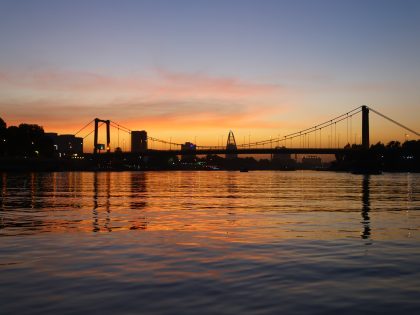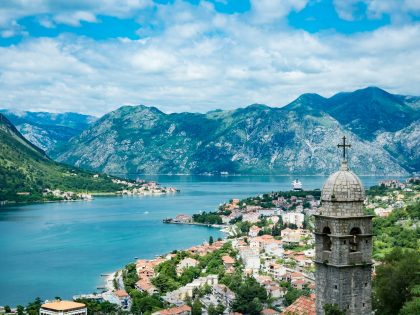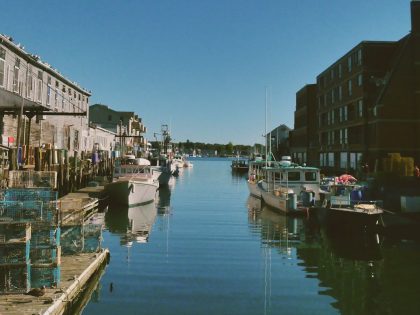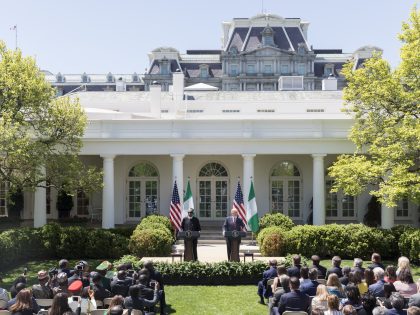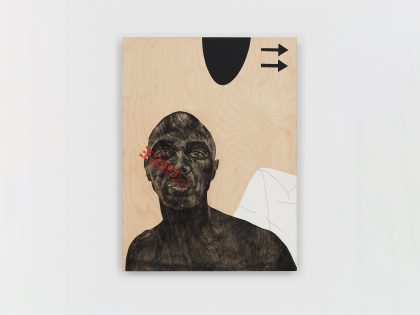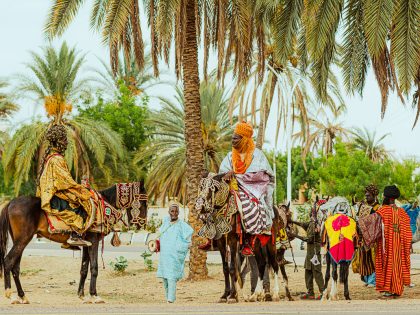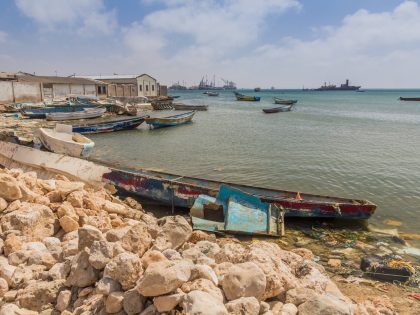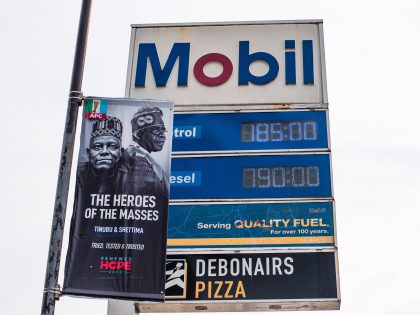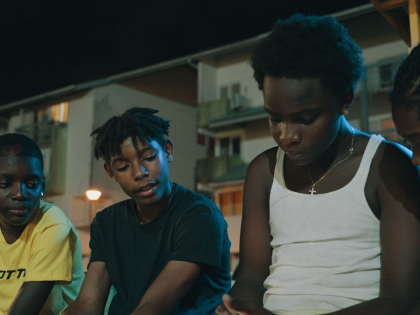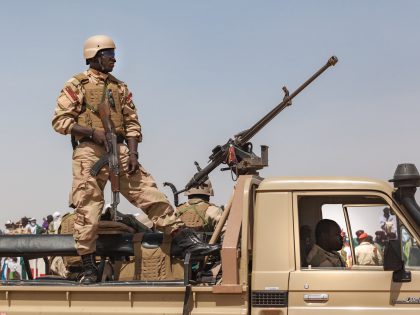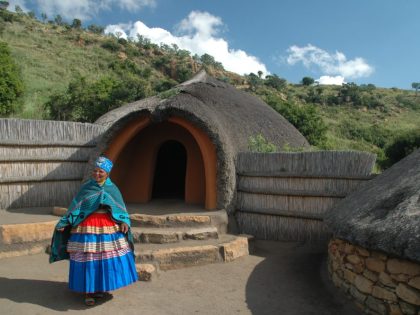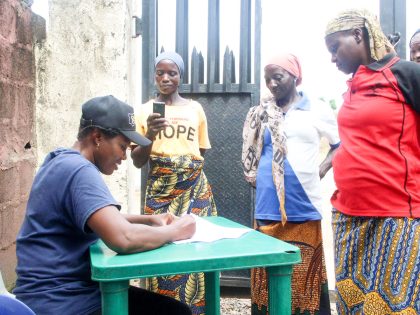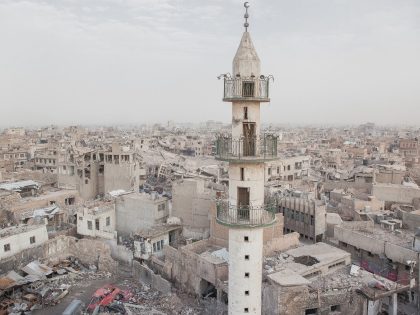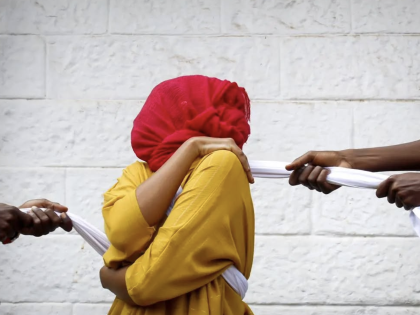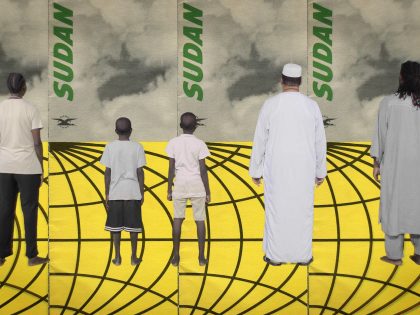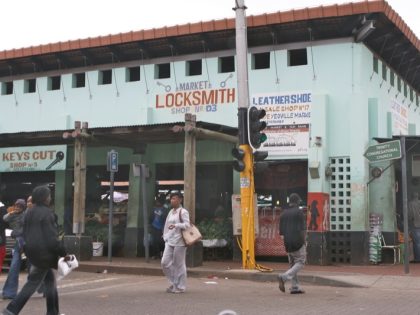When Fatou Diome kicked European Union butt
Writer Fatou Diome: It's the representation that Europe does to the Other that feeds xenophobia.

Heathrow Airport Border Control. Image via TopHD.
Lately, images of migrant boats capsizing in the Mediterranean Sea and bodies washing up on beaches have shocked the European Union’s moral conscience–that is if one assumes that the EU had a moral conscience to begin with. In its desperate attempt to find a villain, European authorities have decided to turn their wrath on the smugglers, pledging to bomb potential vessels out of existence.
But of course Europe is in many ways at least partially responsible for this crisis, from NATO-bombing Libya into a lawless piece of land, to implementing the “Let Them All Drown Policy” to deter would-be refugees and migrants from showing up at its shores.
Amidst this soul searching and blame game, the Francophone media has been abuzz with a badass video of Senegalese writer Fatou Diome, who kicked the EU’s ass and dropped the mic. In Diome ‘s 2003 debut novel Le Ventre de l’Atlantique (translated in English as The Belly of the Atlantic) addressed the topic of immigration.
Here’s the video in French:
And here are some translations in English of Diome’s punchlines:
“These people whose bodies are washing up on these shores, – and I carefully choose my words – if they were Whites, the whole Earth should be shaking now. Instead, it’s Blacks and Arabs who are dying and their lives are cheaper.
“The European Union, with its navy and war fleet can rescue the migrants in the Atlantic and the Mediterranean Sea if they want to, but they sit and wait till the migrants die. It’s as if letting them drown is used as a deterrent to prevent migrants from coming to Europe. But let me tell you something: that doesn’t deter anyone…because the individual who is migrating as a survival instinct, who believes that the life they are living isn’t worth much, he’s not afraid of death.
“Sir, you guys will not remain like little goldfish in the European fortress. The current crisis tell us that much. Europe can no longer close itself as long as there are conflicts elsewhere around the world. Europe can no longer live in opulence where there are so much unmet needs around the world. We live in a global society where an Indian makes a living in Dakar, someone from Dakar makes a living in New York, and a Gabonese makes a living in Paris. Whether you like it or not, this process is irreversible.
“When you are a White Canadian or an Argentine and you come to live in France, you are an expat… But if you are African, or Indian, or Afghan, and you come to France or Germany, you are in immigrant, no matter the circumstances. It is the representation that Europe does to the Other that feeds xenophobia.
“And the Schengen visa that you speak of – You will let me finish!—this visa gives me the opportunity to be invited to give talks in your universities if you find my brains convenient and profitable, but it bothers you that my brother, who may not have the degrees that I have, but who may want to maybe come to Europe and work in construction, that idea makes your countries schizophrenic. You cannot divide the migrants between the useful ones and the poisonous ones.
“Also, you see on the headline the flow of African migrants arriving in Europe but you don’t speak of the Europeans going in Africa. That’s the free flow of the powerful, the ones who have the money, and the right kind of passports. You go to Senegal, to Mali, to any country around the world… Anywhere I go, I meet French people, Germans, and Dutch. I see them everywhere around the world, because they have the right passport. With your passport, you go anywhere around the world, and act like you run those place, with your pretentious demeanor. Stop the hypocrisy. We will all be rich together, or perish together.”
